Stories From the Field
-
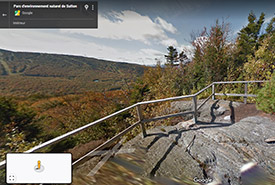
5 ways to enjoy nature from the comfort of your house
Spending time in nature is a great way to de-stress, but going to a park might not be your best option right now. Here are five ways to access nature from the comfort of your couch, bed or yoga mat! Read more »
-
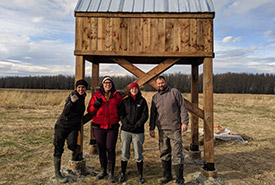
Nesting boxes: Encouraging the return of a threatened species
Summer wouldn’t be the same without the twittering and warbling of barn swallows. The Nature Conservancy of Canada (NCC) is currently working on reintroducing the species by building and erecting nesting boxes on its île du Moine property in Sainte-Anne-de-Sorel, on Lac Saint-Pierre.Read more »
-
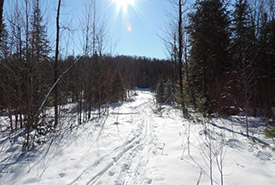
4 ways to enjoy Quebec’s winters
One of the many incredible things about Quebec is its natural beauty in all four seasons. Although Quebec winters can be harsh, cold and snowy, with the right footwear, clothing and attitude, it can be an enjoyable time of year!Read more »
-
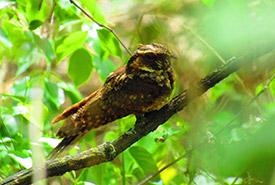
Citizen observation at work in the Greater Bristol Marsh
A haven of biodiversity in the Ottawa Valley, the Greater Bristol Marsh is home to several bird species that are rare or at-risk in Quebec. Recently, about 10 volunteers joined the Nature Conservancy of Canada (NCC) team to inventory and monitor these species. One of the species, the eastern whip-poor-will, is designated threatened in Canada and likely to be designated threatened or vulnerable in Quebec.Read more »
-
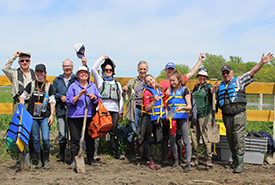
Citizens participate in a natural heritage restoration project on île du Moine
This past June, motivated citizens participated in a tree planting and cleanup activity on île du Moine in Sainte-Anne-de-Sorel. The project, led by the Nature Conservancy of Canada (NCC) in close collaboration with the members of the Commune de l’île du Moine, involved landscaping certain areas of the island to promote the recovery of rural birds in this environment. Read more »
-
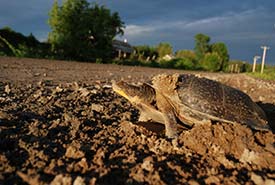
Episode Seven: Why the Turtle Crossed the Road
This is the story of how people in Quebec are trying to save turtles – one cell phone photo at a time.Read more »



